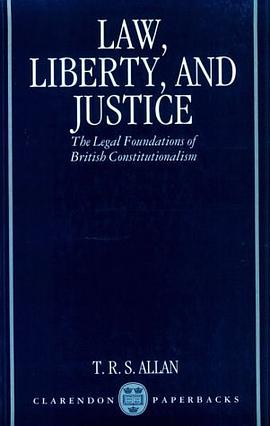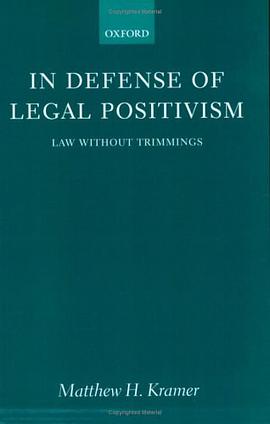

In Constitutional Justice, the concept of the rule of law is explained and defended as an ideal of constitutionalism, and the general principles of public law are set in the broader perspective of legal and political philosophy. Although primarily an essay in constitutional theory, its practical implications are fully explained by reference to case-law examples. Drawing on the experience of a number of common law countries-especially Britain, the United States, and Australia-Allan seeks to identify the common elements of a shared constitutional framework that provides the foundations, in each case, of a liberal democratic legal order. These common foundations include certain constraints on the exercise of state power, challenging the widespread view that the rule of law should be conceived as a purely procedural ideal. The book explains the essential connections between a range of matters critical to the relationship between citizen and state, including freedoms of speech and conscience, civil disobedience, procedural fairness, administrative justice, the right of silence, and equal protection or equality before the law. The limits of parliamentary sovereignty are shown to derive from its status as a common law doctrine, when the common law is interpreted as a deliberative process of moral argument and justification. Legislative supremacy is qualified by a counter-balancing judicial sovereignty, ensuring the protection of fundamental common law rights of procedural fairness and equality.
具體描述
讀後感
評分
評分
評分
評分
用戶評價
相關圖書
本站所有內容均為互聯網搜索引擎提供的公開搜索信息,本站不存儲任何數據與內容,任何內容與數據均與本站無關,如有需要請聯繫相關搜索引擎包括但不限於百度,google,bing,sogou 等
© 2025 qciss.net All Rights Reserved. 小哈圖書下載中心 版权所有




















